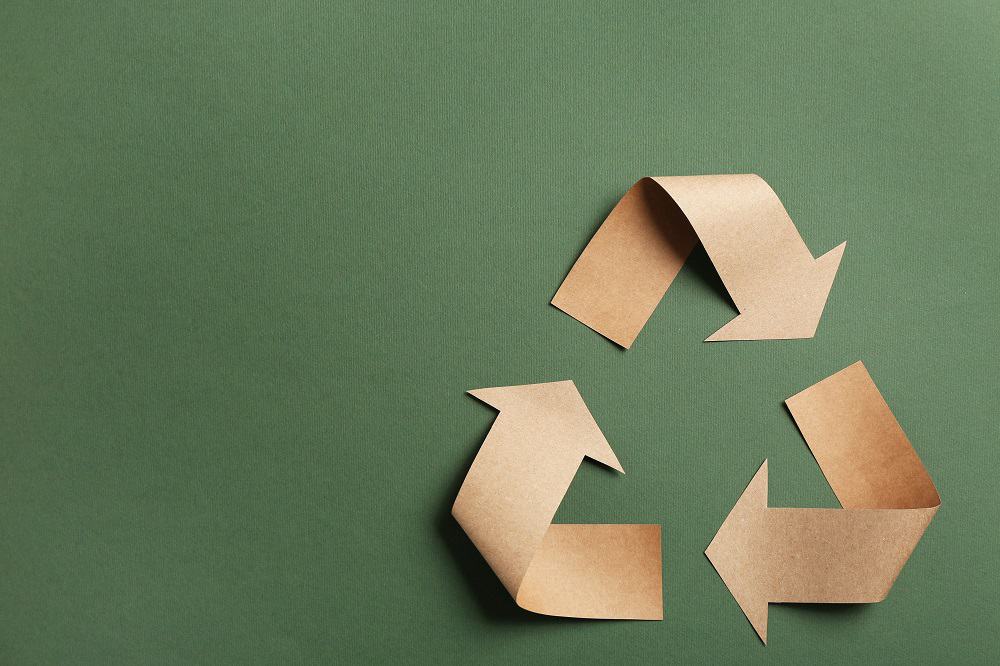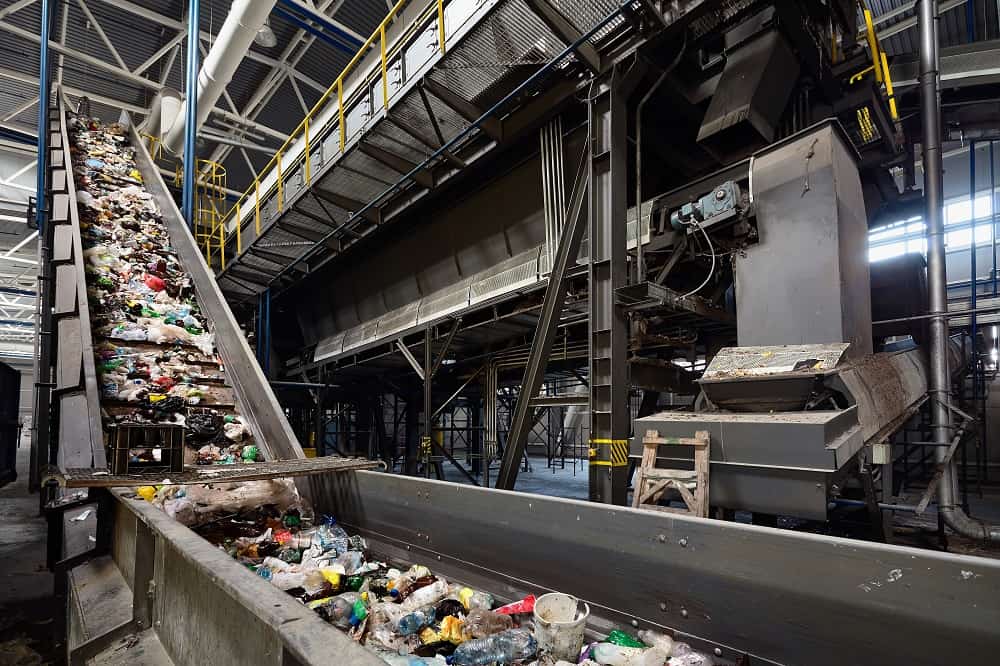Save Money with Post-Industrial Plastic Recycling

Recycling makes the world a better place, that’s for sure. For commercial and industrial operations, recycling plastic can cut down on waste while saving money at the same time. It’s the perfect example of a win-win situation. Industrial plastic regrind is an important part of the future, and here is everything you need to know about cost-effective plastic recycling for the commercial industry.
Why Recycling Matters
First thing’s first: let’s begin with the significance of recycling, particularly in commercial operations where waste could otherwise be substantial. Recycling is the process of taking waste materials and converting them into new materials or objects to be used again. This is an alternative to more traditional and conventional waste disposal methods, and recycling not only saves materials but also decreases greenhouse gas emissions. This is especially essential for commercial companies that produce a lot of plastic waste. Plastic can be broken down and recycled, and making the effort to do so is something you, your staff and your clients will greatly appreciate. When you regrind industrial plastic in Arkansas, you’re doing the world a favor and doing your part to protect the planet.
Post-Industrial Plastics
As environmental concerns and fears for the future of the planet are expressed daily, consumer recycling has become very common. Yet there doesn’t seem to be as much awareness around post-commercial plastic recycling and industrial plastic regrind in Arkansas. This is critical to comprehensive recycling programs, as there’s plenty of plastic from commercial operations that can be recycled easily and efficiently with the help of trusted experts. Thinking about plastic bottles, packaging and other items, there truly is so much that should be recycled through the best industrial regrind in Arkansas.
Worthwhile Waste Elimination
When it comes to methods of minimizing waste, plastic regrind is one of the finest and most logical options available today. Factories produce many waste materials, the majority of which can be successfully recycled through a process called regrinding. This is where defective, broken or discarded pieces of plastic produced through the mechanized creation process are melted down into more manageable portions. Many factories have conveyor belts designated for transporting waste materials to grinding or shredding machines. By slicing and dicing these materials for reuse, such as making post-industrial plastic into pellets, commercial operations can leave a positive mark on their community and the world around them. It’s certainly a worthwhile avenue to take for commercial businesses, which can add plastic regrind and reprocessed pellets to their manufacturing methods. Not only does this dramatically cut down on costs, but it also reduces the need for landfills.

Examples of Industrial Plastic Recycling
More and more organizations are opting to participate in industrial plastic recycling, which is a smarter and simpler solution to waste disposal. There’s plenty of post-industrial plastic scraps to regrind at every factory or warehouse, coming in every shape, size and color. Discarded plastic typically appears in the form of chunks, fibers, film, and purgings, used at some point in the manufacturing process. Car bumpers, seat belts and wire covering are some of the most common examples of industrial plastic that ends up being recycled. Many of these plastics are produced with plastic polymers that are suitable for recycling and reuse, including Acrylonitrile Butadiene Styrene (ABS), low-density Polyethylene (LDPE), Polypropylene (PP), and Polystyrene (PS).
For organizations that generate large quantities of commercial plastic scrap, getting these materials removed and delivered to the right place is important. If you’re ready to get started with post-industrial plastic recycling, call the trusted professionals at Seraphim Plastics LLC today!